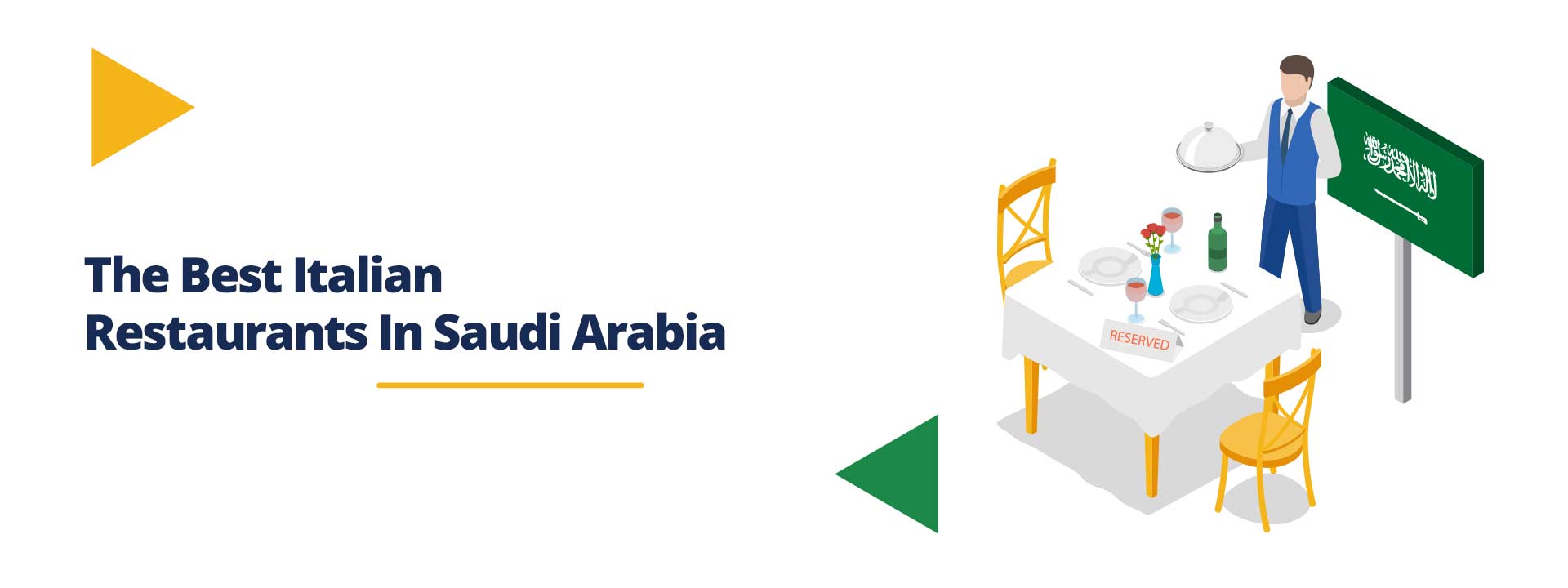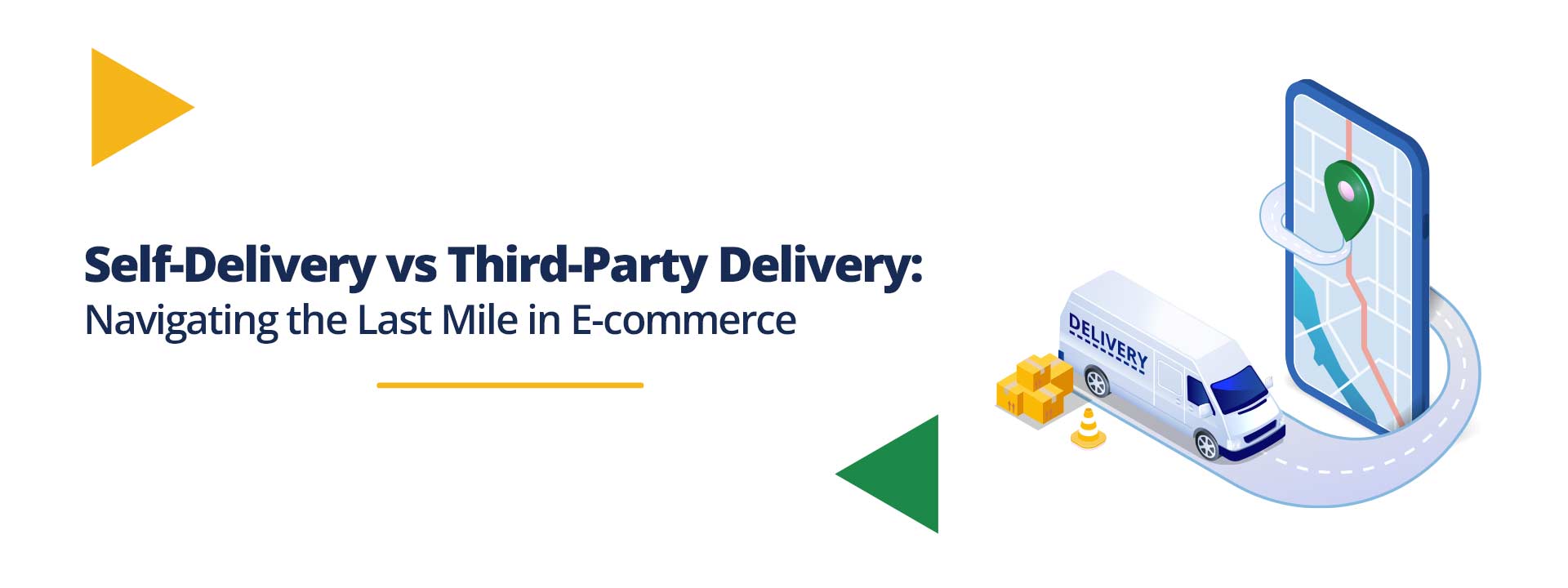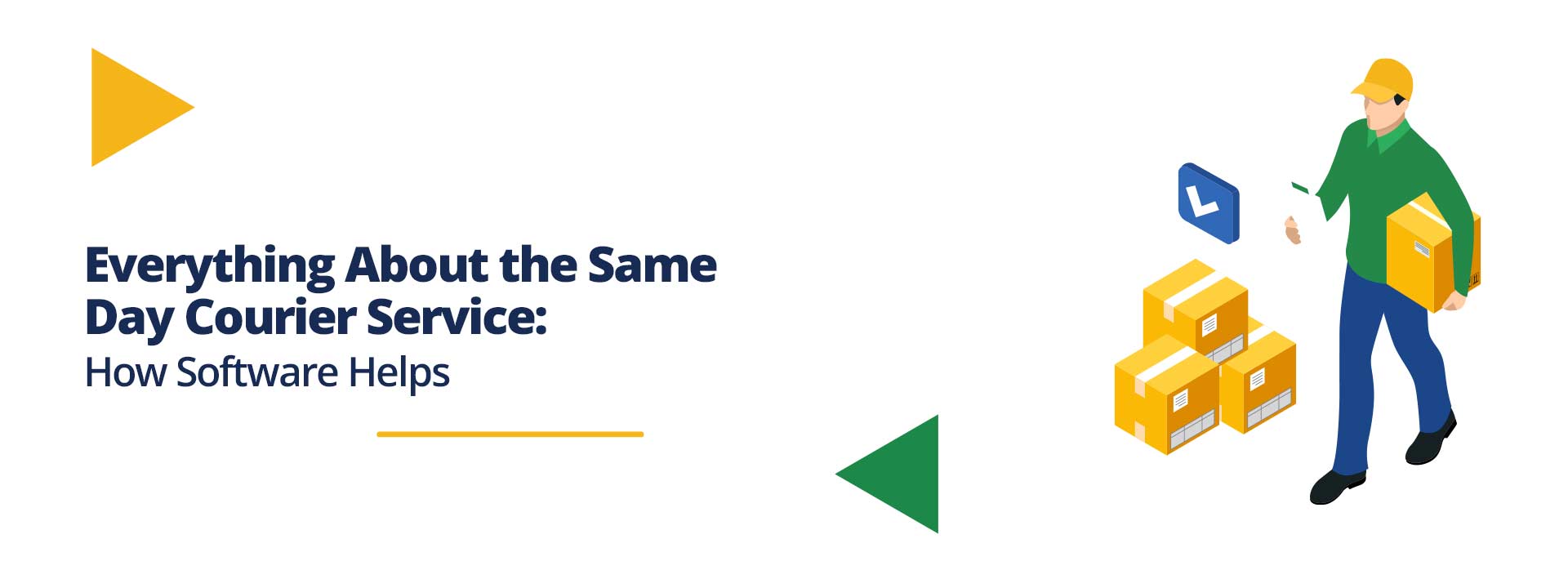Food Delivery Software: Challenges in Ramadan
What is food delivery software?
A food delivery software is a platform, tool, or web-based program that is meant to manage food deliveries from the food businesses to the customers who are placing the order. It acts as the point of contact between the person placing the order and the food delivery personnel.
Why are food delivery software so popular in today’s time?
In today’s world, the online food delivery industry is rapidly growing and so is the demand for food delivery software. Every year, more than 25% of the global population starts to use food delivery software due to the ease in ordering and convenience that is offered by these applications or software. It is a known fact that this software and the process of online ordering were further backed by the way these systems proved to be helpful amidst the global lockdowns caused as a consequence of the outbreak of the COVID-19 virus. Moreover, they are further suitable for the fast-paced and busy routine in today’s world where ordering food to the current location at any time is much more feasible than traveling all the way to pick up the food or dine in.
What are the challenges faced by food delivery software in Ramadan?

One of the biggest assumptions related to the food delivery industry is that food delivery software is subject to a plethora of challenges at some peak seasons of the year, especially during Ramadan.
According to a survey, 3 out of 5 food businesses believed that Ramadan can be one of the most profitable times of the year to make success in the food delivery industry, but only if the challenges linked to this time are met with caution. Here are some of the challenges that are faced by food delivery software during Ramadan:
Increased demand for efficiency
Usually, more than 60% of people who order food online believe that they consider efficiency in the delivery process to be one of the most important aspects of the food delivery process. However, due to the strict timelines for suhoor and iftar in the month of Ramadan, this demand for efficiency is even further exacerbated. Food delivery software must be completely equipped to meet this demand in order to gain customer satisfaction.
Changes in peak hours of delivery
Food businesses or food delivery software who fail to adapt to the changes in working hours that come with Ramadan are not usually successful in making their business profitable during this crucial time. Peak delivery hours may change to the time of suhoor, iftar, and even midnight or late hours of the night.
Differences in fleet performance
If your business is located in a Muslim country or a location with a maximum Muslim population, then there are high chances that your fleet also consists of many Muslims who are fasting during Ramadan. In order to enhance fleet productivity, make sure that order management and route optimization are done well to save extra time and effort for the fleet. Moreover, if the delivery time is clashing with the time for breaking or keeping fasts, make sure that you can compensate your driver with a small nutritious meal along the delivery journey.
Risk of decreased orders
Many people believe that food delivery software can suffer from decreased orders or losses during Ramadan. This is not true for the businesses that are able to adapt their services and menu according to the occasion and can meet the customer demands that are specific to the month of Ramadan.
Shipox is a data-driven Food Delivery Management Platform that enables its users across a multitude of diverse industries to avail market competitive features and customer support in order to automate and perfect their delivery process. Shipox users are able to increase the efficiency of their delivery process, optimize their costs effectively, and enhance their customer experiences. To learn more, you can sign up for a quick demo here.




